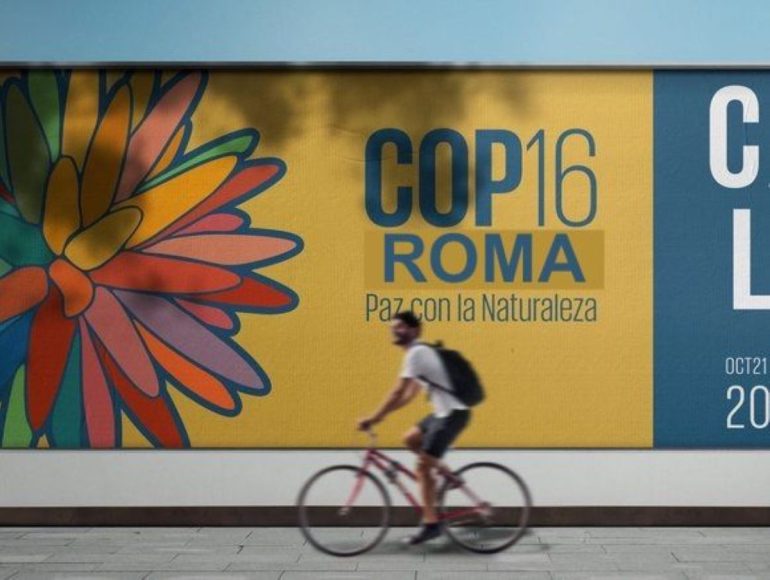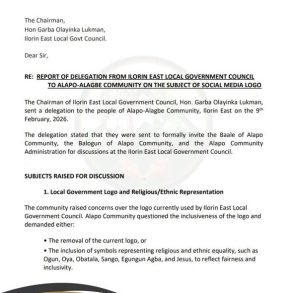November 28, 2024
By Samuel Ogunsona
The UN Biodiversity Conference, which was suspended earlier this year in Cali, Colombia, will reconvene from 25-27 February, 2025, in Rome, Italy.
The conference will be held at the headquarters of the Food and Agriculture Organization of the United Nations (FAO), with the aim of addressing unfinished business, including resource mobilization, financial mechanism, and KMGBF monitoring and planning.
According to H.E. Susana Muhamad, Minister of Environment and Sustainable Development of Colombia and President of COP16, “In the weeks to come, and during our meeting in Rome this February, I will work alongside Parties to build the trust and consensus needed to achieve Peace with Nature, ensuring that the goals and targets of the Kunming-Montreal Global Biodiversity Framework (KMGBF) translate into tangible action.”
The conference will focus on several key issues, including mobilizing financial resources for biodiversity, finalizing tools for Parties to measure progress against the monitoring framework for the KMGBF’s 23 targets, and planning, monitoring, reporting, and review mechanisms.
Astrid Schomaker, Executive Secretary of the Convention on Biological Diversity, noted that “Strong results achieved at COP 16, underpinned by a spirit of compromise and dialogue, show that multilateralism remains effective even in challenging times.”
The conference will also address decisions on cooperation with other conventions and international organizations, CBD’s multi-year programme of work, and the adoption of final reports from COP 16, COPMOP 11 (Cartagena Protocol), and COPMOP 5 (Nagoya Protocol).
Prior to its suspension, COP 16 achieved groundbreaking agreements on global biodiversity protections and implementation of the KMGBF. Governments agreed to establish the pioneering “Cali Fund,” for industries benefiting from Digital Sequence Information (DSI) on genetic resources to share benefits with developing countries, indigenous peoples, and local communities.






